|
Credit scores are an essential aspect of our financial lives, and they play a crucial role in determining our ability to borrow money from lenders, obtain credit cards, or even get a job. But how do they work, why are they essential, and what factors influence them?
What is a Credit Score? A credit score is a numerical representation of an individual's creditworthiness, and it is based on their credit history. The most widely used credit score in the United States is the FICO score, which ranges from 300 to 850. The higher the score, the better the individual's creditworthiness. Credit scores are used by lenders, banks, and other financial institutions to evaluate an individual's credit risk. A good credit score makes it easier to obtain loans, credit cards, and mortgages at favorable terms, while a poor credit score can make it difficult to obtain credit or result in higher interest rates. How is a Credit Score Calculated?
0 Comments
A cruise is an extraordinary way to spend a vacation. And there are options for nearly everyone. I mean, just think about it! Interested in visiting some of the most epic places on earth? Go on a cruise. Intrigued about taking it slow and traveling across the Atlantic like we used to before air travel? Go on a cruise. Want to see Europe, Africa, South America, Antarctica, or other parts of the world in a way you haven’t? Go on a cruise. You can see extravagant parts of the world in a whole slew of different ways by going on a cruise and it seems like more and more people are beginning to realize that.
The cruise industry took it on the chin for a while (beginning around March of 2020), but the industry is currently poised for a massive comeback. According to a recent AAA survey, 52% of U.S. adults are just as likely or more likely to consider booking a cruise as they were before the COVID-19 pandemic started. For context, only 45% answered the same way a year ago. “Cruising is back in a big way. We expect a lot more people to book cruises in 2023,” says Paula Twidale, AAA Senior Vice President of Travel. There are several factors for this:
“Cruise lines have undertaken extensive measures to promote health and safety onboard, so you can expect attention to detail and cleanliness,” said Twidale. Cruise deals What do you do if your traveling partner doesn’t have TSA Precheck but you do? As far as I see it, you have two options: trudge through the normal security line with your partner or go your separate ways at security and meet up on the other side. It’s the kind of question that can bring out strongly held opinions. Kinda like asking someone whether it’s pronounced pecan or pecan (admit it, you read that two different ways)! It’s a question we’ve been discussing in the King household as of late. Not only because we’ve been looking to travel a little bit more, but because I have TSA Precheck and my wife does not. We’ll get to what we typically do in a minute, but first let’s rewind the clock and begin with what TSA Precheck is.
What is TSA Precheck? TSA Precheck is a government-run screening program that allows those who sign up a way to bypass the usual security checkpoint for a shorter, expedited route through those TSA security checkpoints. For $85 (which will enroll you in Precheck for five years), you get to take advantage of several perks, including not having to take off your shoes or belt, and leaving your laptop or your 3-1-1 bag in your carry on. If a couple is traveling together, you’ll often find both will get TSA Precheck even if only one of you has gone through the application process. The TSA is mum about why this happens/doesn’t happen, but back in 2018 the House of Representatives passed a bill to try to stop this practice - before the Senate let it die in 2019. Go through together or split up at security? The wedding vows have been said, the marriage certificate has been signed, a party was had, and the day went by surprisingly fast. All the wedding stuff is behind you. Unless, that is, you plan to change your name. In that case, you’ve got quite a bit more paperwork to fill out. But what institutions do you need to change your name at? What are the dos and don’ts when it comes to honeymoon travel? And where do you start? Bookmark this page, because the following guide has the answers and will help turn a tedious process into something that’s - well - less so. Use your maiden name when traveling on your honeymoon It’s the most wonderful time of the year, with the kids jingle belling… sorry, nearly got carried away there. Yes, the holiday season is in full swing with cooler weather (as I write this, I can see that it’s snowing outside through the window in front of me), fireplaces in full use, Christmas decorations taking center stage, and last but certainly not least, consumers going a bit crazy on the spending side. That last one will be the focus of this article. It doesn’t matter if you’re brand new to travel hacking or are an experienced travel hacker, one of the most important things you can do this time of year is to maximize your holiday spending to get as many points and miles as you can by using the right cards. But how do you do that? Picking the right cards for yourself The war on credit cards is ramping up thanks to what several major retail chains just announced. They want to be able to keep you from using certain credit cards. Specifically, the ones that offer the biggest rewards. According to the Wall Street Journal, companies like Amazon, Target, and Home Depot want to end a rule that requires merchants that accept a Mastercard- or Visa-branded card to accept all the cards branded that way. “If merchants could pick and choose among Visa or Mastercard credit cards, those with the highest merchant fees—and most generous rewards—likely would be on the chopping block,” wrote the Wall Street Journal. There are a lot of people out there that don’t like credit cards. I don’t know if “scared” is the right word, but it seems to fit. They’re scared that all the perks you may get by signing up for a credit card is too good to be true. They’re scared that they may start to use a credit card for what banks hope you use it for: living today on tomorrow’s (possible) income. Indeed, if you use credit cards like that, you’ll be up a creek… and it won’t smell anything like flowers.
Why the hostility towards credit cards? So far this year, I’ve spent way more than should be legal on my wedding. But it’s not all bad! I’ve put most of that on credit cards trying to maximize my earning potential when it comes to points and miles. You see, I’ve figured out first hand that expenses can add up quickly when planning a wedding, but using the right credit cards for wedding and honeymoon purchases can pay off big time for future travel. Including bonuses, I’ve earned: The Platinum Card by American Express is one of those cards that exudes a bit of clout in the credit card community. That clout seems to have dissipated somewhat as of late, due to stiffer competition like the Chase Sapphire Reserve and the Citi Prestige, but it’s still there. And the Amex Platinum also has quite a few perks up its sleeve that may make the fact that it has a $550 annual fee worth it. Ultimately, though, that’s up to you. This is a charge card First and foremost, I think it’s important to point out that this is a charge card, not a credit card. What’s the difference, you ask? The biggest difference is the fact that a charge card needs to get paid off in full every month. A credit card can carry a balance. But because of that, you will typically have more spending power with a charge card because you won’t have a set limit that you can put on them. Not paying off a charge card will come with severe consequences. Those consequences can include suspending your line of credit entirely. So if you decide to get one, it's best to pay it off. Main card benefits
Those who are frequent visitors already know I love taking advantage of credit card rewards. For the new readers? Well, now you know. Credit card rewards can be very lucrative. I’ve easily saved thousands by using my miles and points for free flights or free stays at hotels.
The rewards you earn make it possible for you to afford to travel to an expensive destination (such as Bora Bora or Australia) or stay longer at a cheap location (such as Prague or Vietnam). Points and miles can also change how you actually do the traveling. Wanna fly first class? Use your miles. Getting points It’s the day I’ve been looking forward to for months now! My book is now officially out! You can get the ebook version or paperback!
For now, it is exclusively on sale on Amazon. Here’s the direct link to both versions. It’s an easy read and probably won’t take you more than a day or two. But it’s extremely educational and certainly worth every penny - especially when you consider how much you can potentially save on travel. Not all credit cards are created equal. There are a lot of popular cards out there that you probably shouldn’t take overseas with you. Take, for example, the Chase Freedom credit card. It’s one of the most popular credit cards Chase has. Unfortunately, it has a 3% foreign transaction fee.
Thankfully, there’s an easy solution: take a credit card with you that has no foreign transaction fee. And there are a ton of options at your disposal. Two things you should know about these options first: The competition may have just been blown out of the water with the new Chase Sapphire Reserve. I’ll tell you right out front, this card has a $450 annual fee. But with the amazing travel benefits this card comes with, that fee is well worth it. But what are these benefits? Why is the $450 annual fee worth it? And is the card for you? This post will supply you with all the answers you need.
Getting a travel credit card (or two) is great. But once the honeymoon period, if you will, is over it can be tough to know how to maximize the spending of those cards. Plus, the last thing you want to do is go into debt to get points. So how do you find the happy medium? How do you maximize spending without going overboard?
Here are several items/purchases you can make to earn more credit card points than you ever have:
I talk (or write, if you prefer) a lot about rewards credit cards, and how I try to use them as much as possible, simply, because I like the rewards! But what I don’t talk much about is staying on a budget while using only those credit cards. Today that’ll change. Because that’s exactly what this post is about.
Benefits of credit cards Using credit cards for most of your spending can be very beneficial. I’ve touched on it before. You can earn hundreds of dollars a year in points. And how can I forget about the sign-up bonuses? Most of the time just signing up for a good travel credit card can mean a free round trip flight, or a free night or two at a hotel. Dangers of credit cards |
Stay inspired with The KKR in Your EmailCategories
All
|
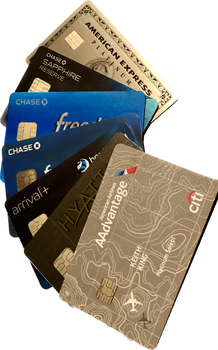
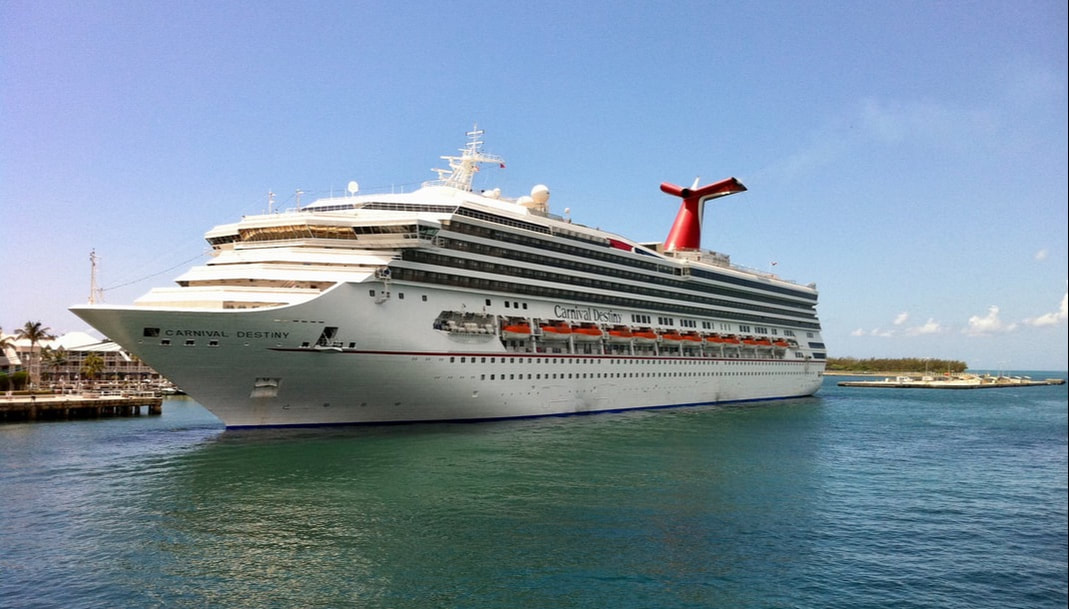



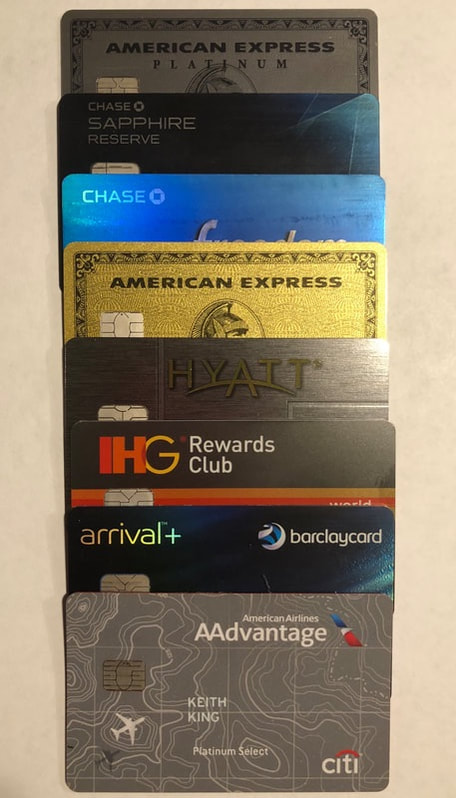

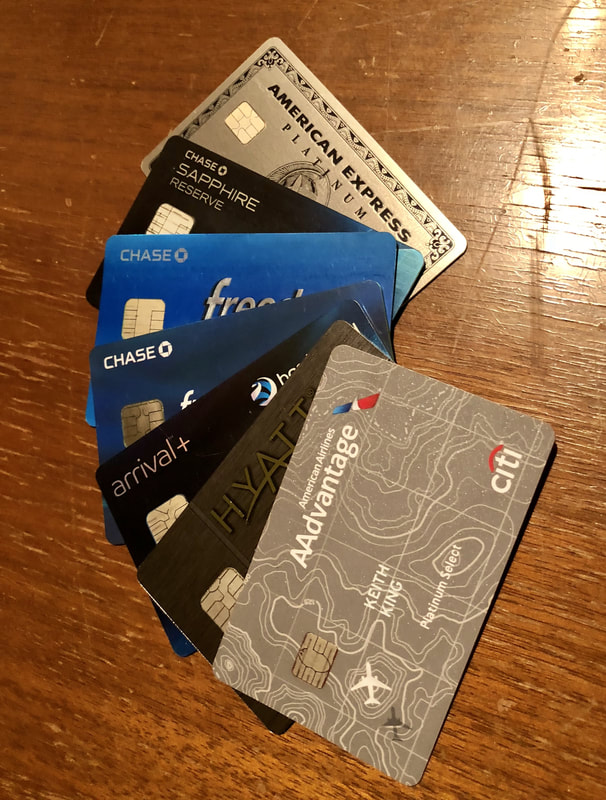
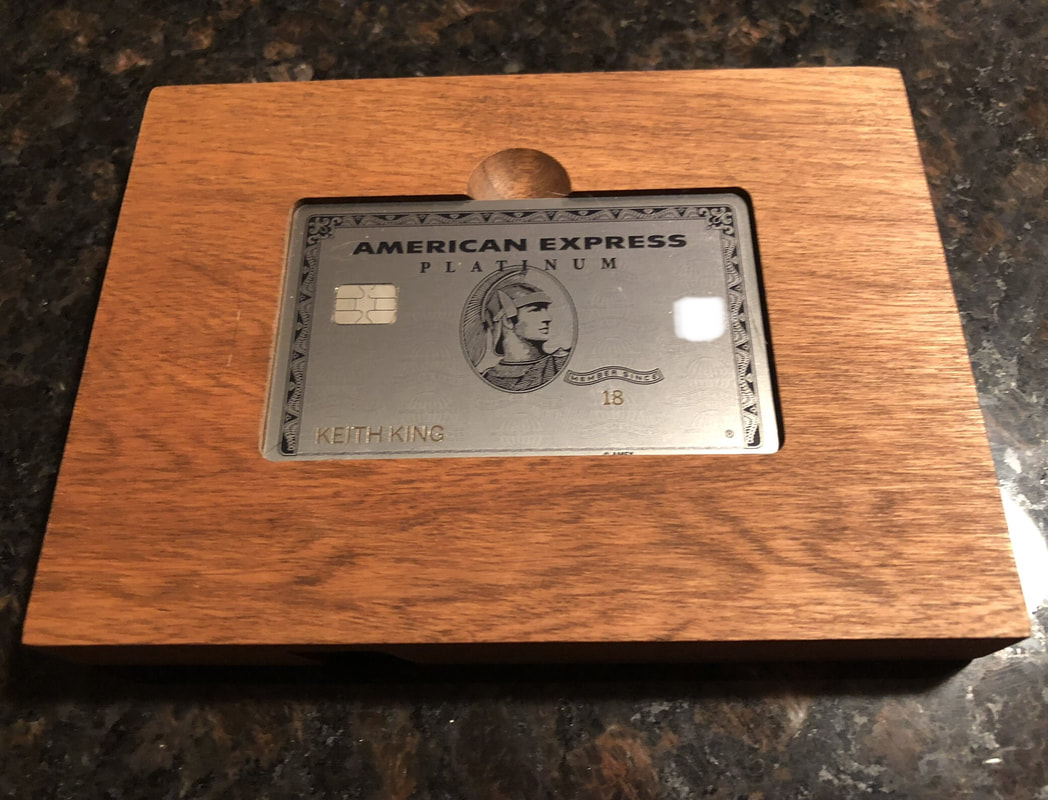
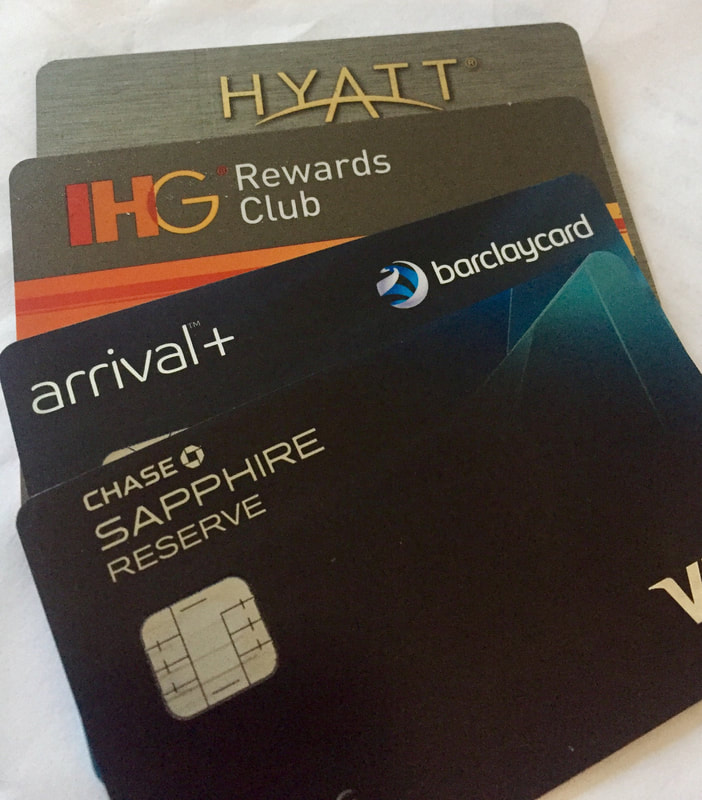
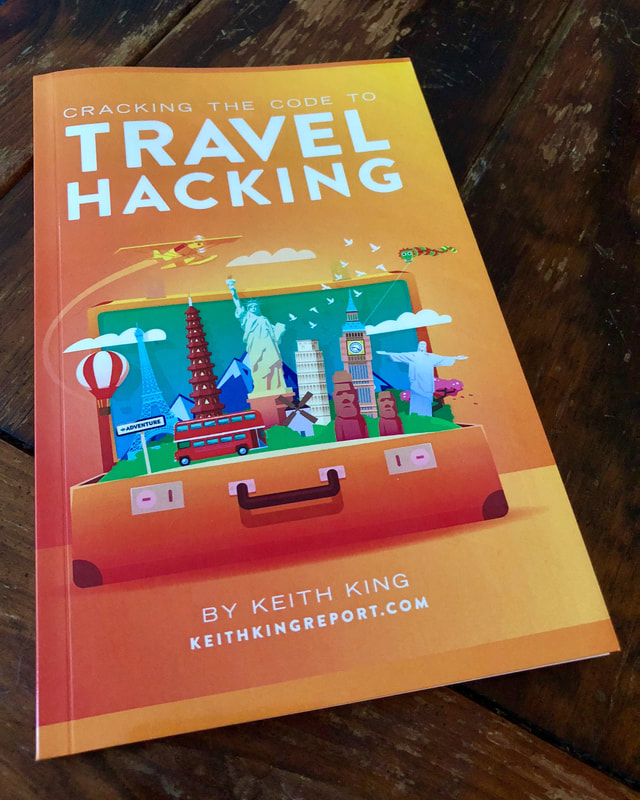
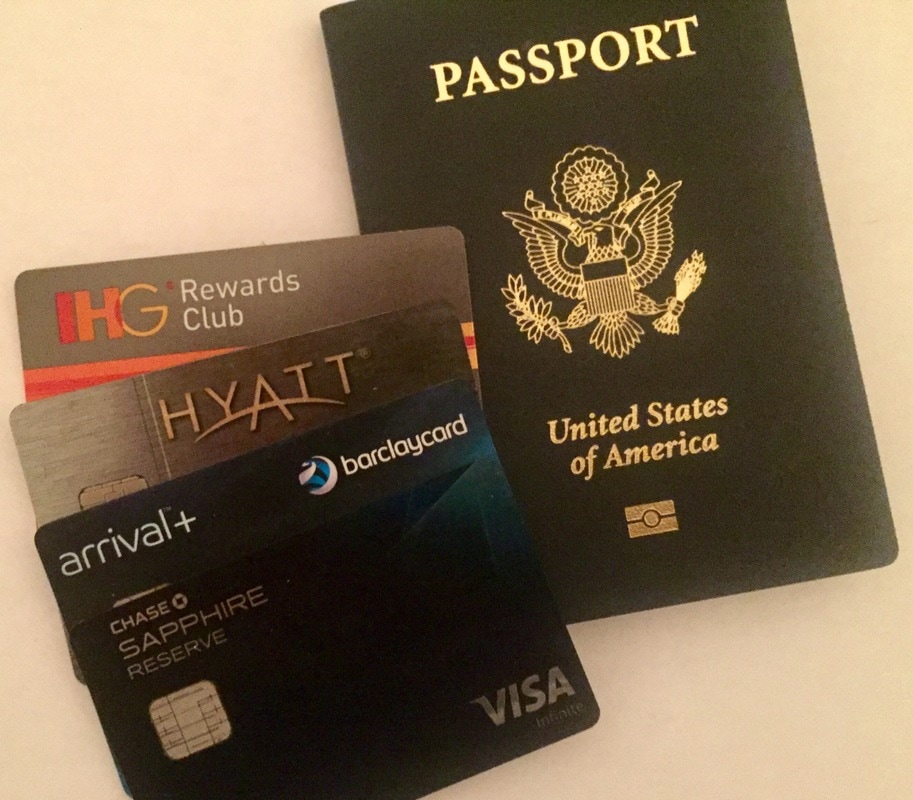
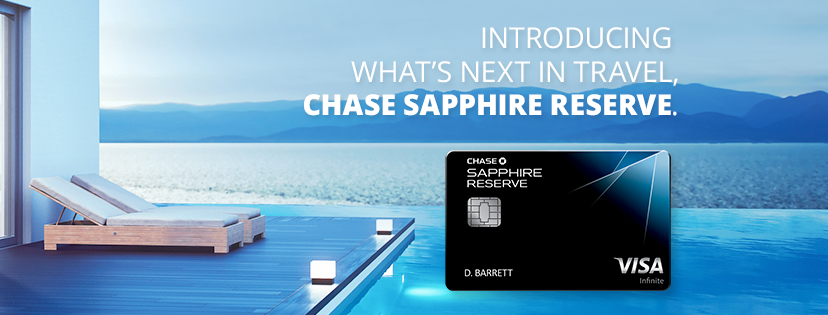
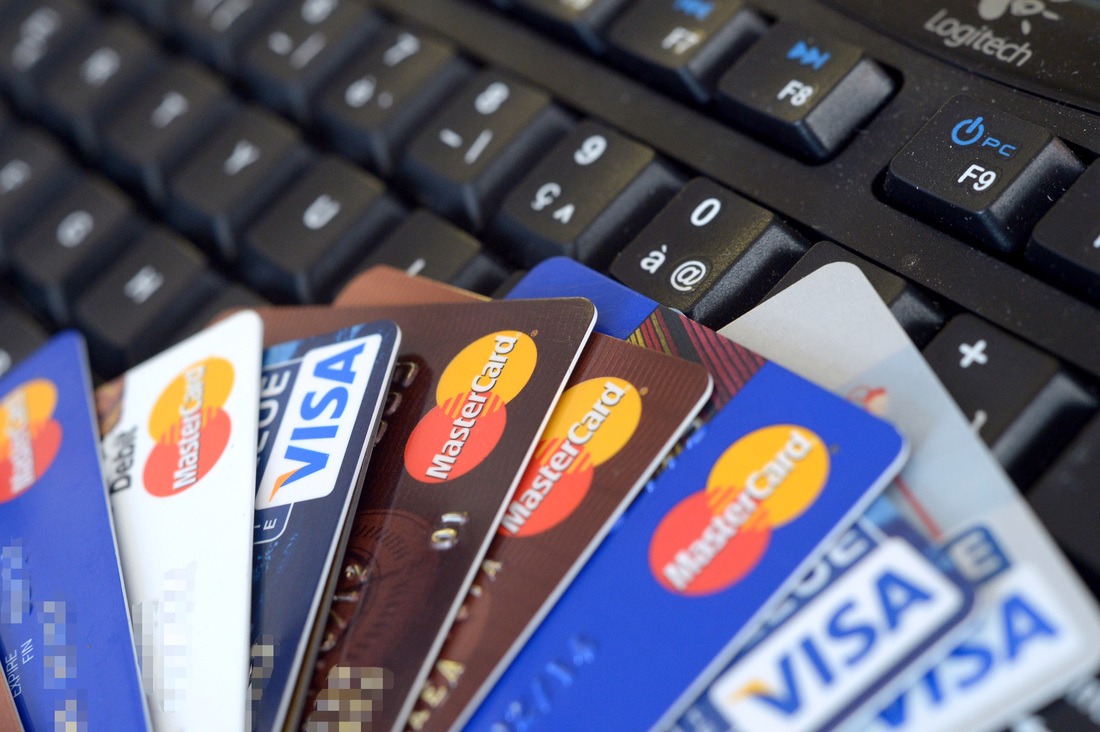
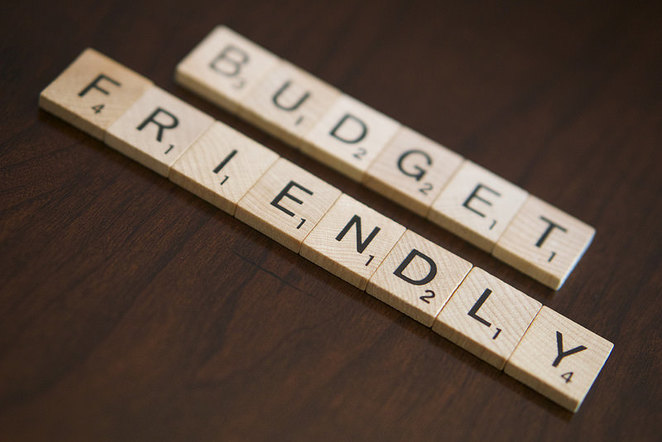
 RSS Feed
RSS Feed